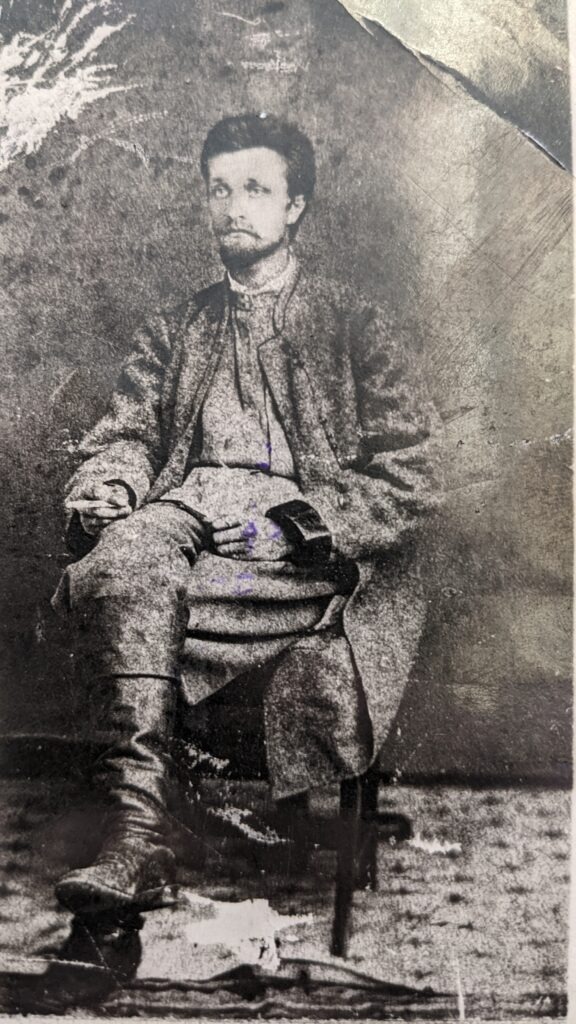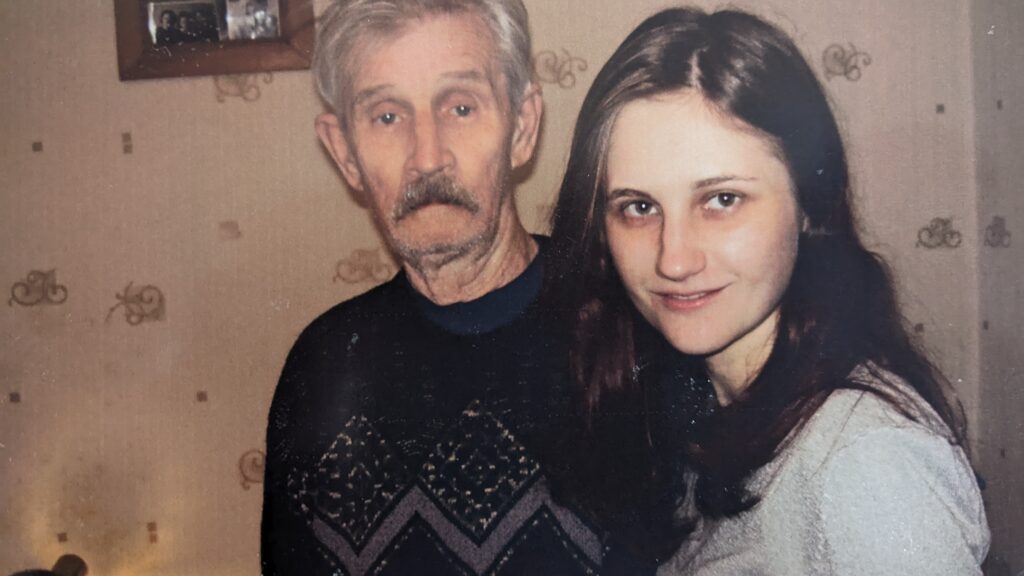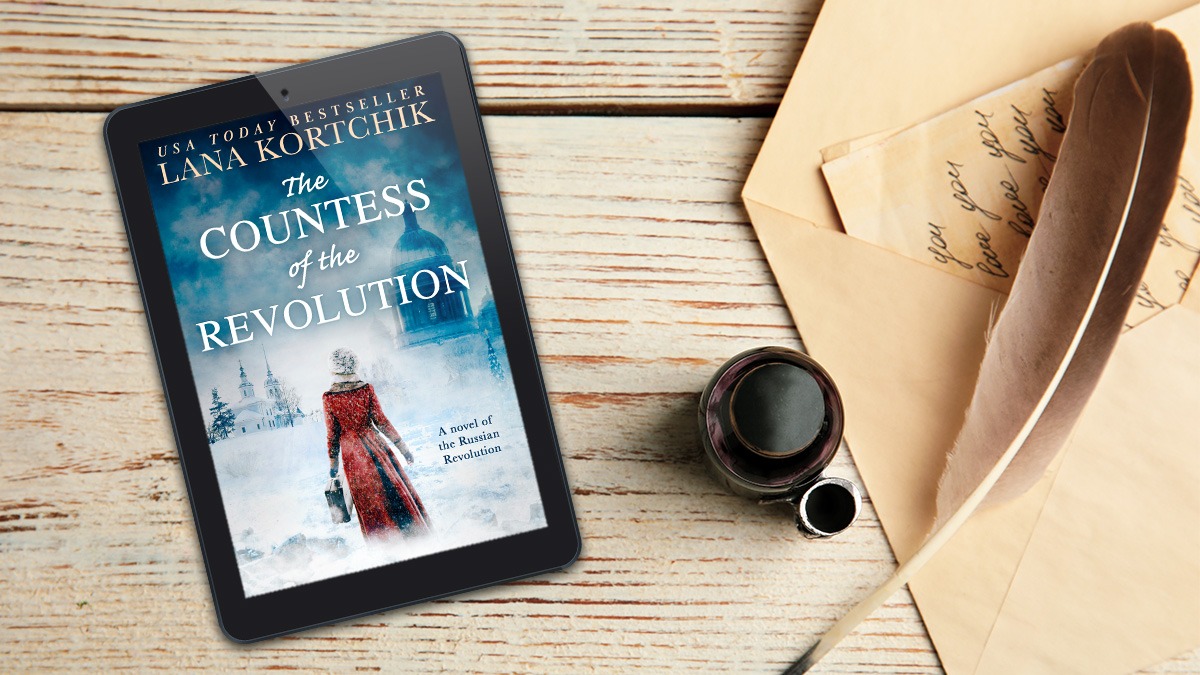Celebrating the eBook publication of The Countess of the Revolution, we’re delighted to have author Lana Kortchik on the blog to talk about the inspiration and history behind the book, as well as her family’s connection to the Russian Revolution.

I was always close to my grandfather. Growing up, he was like a father to me. When I was older, he became my best friend. Although our hobbies couldn’t be more different, we were always supportive of one another. As a retired engineer, grandfather loved computers, programming and technology. Even when he was in his late eighties, his house was equipped with a network to rival the Pentagon’s and his drawers were filled with the latest devices he would assemble and disassemble for hours. I was always passionate about writing and my grandfather was the only person I shared my poems and short stories with. We had one thing in common, however – our fascination with history.
When I moved to Australia as a teenager, my grandfather and I didn’t let the distance affect our relationship. We emailed each other five times a day and spent a fortune on long distance phone calls, until one day he said, ‘Have you heard of this fantastic new thing called Skype?’ Nor did he let the language barrier stop him from reading everything I wrote. With the enthusiasm he approached everything technology-related with, he pasted all my university essays into online translator. The result was a mumbo-jumbo of words in broken Russian that barely made sense but every time he would tell me how proud he was of me. He even started learning English so he could read my writing.
My grandfather and I were fascinated with the revolution. He loved talking about his great-grandfather, Count Olgert Korsak, a visionary and a revolutionary, who took an active part in the Polish uprising of 1863 against Russia. Shackled and starved, with no hope for the future, he was sent from Warsaw to a labour camp in Sakhalin by the Tsarist government. Having grown up in luxury with everything done for him, Olgert spent ten years in the camp toiling from dawn to dusk until he could barely move. When he was finally released, he wasn’t allowed to return home and was forced to settle in Siberia. In a small town called Minusinsk, not far from Krasnoyarsk, he met my grandfather’s great-grandmother and fell in love. They built a new life together and had three children.
Although Olgert’s life did not turn out the way he had hoped, he didn’t let that break him and found his own way. He didn’t become bitter or resentful but made the most of the cards he was dealt. He rose from the ashes of his broken life and made himself into a different man.
Having grown up hearing about the revolution and my grandfather’s great-grandparents, I always knew I wanted to write a book about it. Just like Olgert, the main character in the Countess of the Revolution loses everything in March 1917. Not just material possessions but her way of life and her very identity are gone forever. She no longer belongs because there is no place for people like her in the new Russia. And just like my great-grandfather, she doesn’t let her fear and confusion stop her, building a new life on the ruins of her old one.
Researching and writing about the revolution was a very emotional experience for me. It broke my heart to read about the upheaval, the devastation and millions of lives lost. And it warmed my heart to learn more about my family history and be able to talk about it in my book.
My grandfather is an inspiration behind everything I write but especially behind this book. With all my heart I wish he could read The Countess of the Revolution. I hope he would enjoy it as much as he once enjoyed my university essays on Napoleon’s fatal march to Moscow or the unification of Germany. He would have the biggest smile on his face as he pasted the book into his online translator and the mumbo-jumbo of barely readable Russian words came out. He would get himself a cup of tea, sit back in his armchair, a birthday present from us for his 80th, and read. Then he would call me over Skype and tell me how proud he was.

The Countess of the Revolution is available in eBook now.


